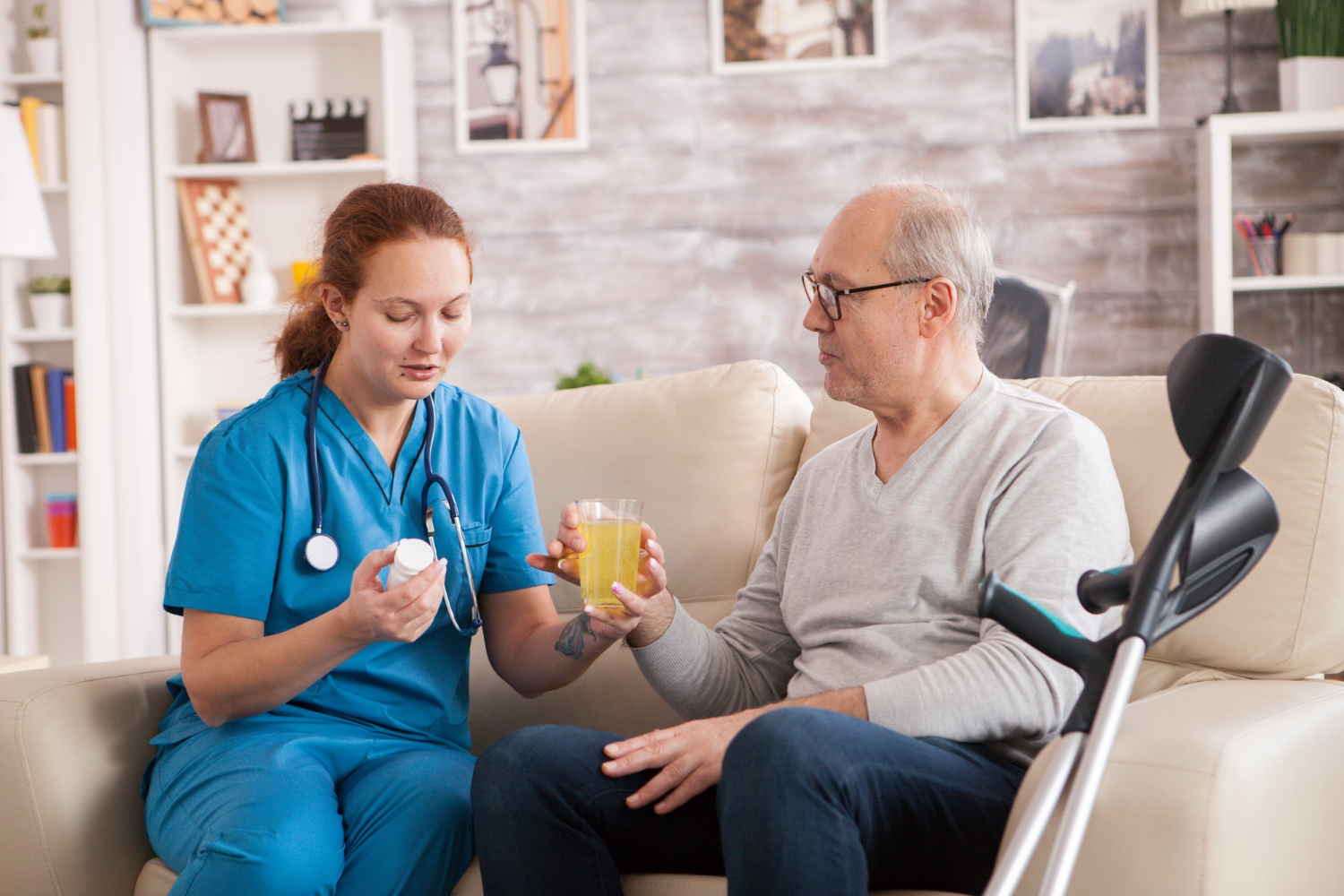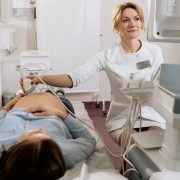WATCH: 3 Things Your Probably Didn’t Know About Nurse Prescribers

Although they came late to the regulation party, Nurse Prescribers eventually made it to the regulation tab. What are Nurse prescribers, in case you are wondering, according to a reliable nursing journal, the British Journal of Nursing, these are :
…nurses who have successfully completed a Nursing and Midwifery Council (NMC) Practitioner Nurse Prescribing course and are registered with the NMC either as a Community practitioner nurse prescribers (CPNP) or as Nurse Independent prescribers (NIP). These nurses are either qualified to prescribe from the Nurse Prescribers Formulary for Community Practitioners (CPNP) or they can assess, diagnose, and prescribe independently any licensed medicine and products listed in the British National Formulary (BNF) (Joint Formulary Committee, 2021), unlicensed medicines and all controlled drugs in schedules two to five, provided this is within the area of their competence (NIP)
British Journal Of Nursing
Apart from the 3 things listed in the video below, here are some things you probably didn’t know about prescriber nurses:
- CPNPs take the Community Practitioner Nurse Prescribing course (V100 or V150) to be registered with the NMC while NIPs take the Independent Nurse Prescribing course (V200 or V300)
- Registered Nurses can take the nurse supplementary prescribers (NSPs). If they complete the course they can prescribe patients that have been assessed and diagnosed by a doctor whose clinical management plan has been drawn.
- Prescribers are required by UK Law to serve in their own professional fields or within their boundaries only.
- Prescribers are also required to have excellent knowledge and understanding of pharmacology in regards to the drugs prescribed, including pharmacokinetics and pharmacodynamics
If you are a Nurse based in the West Midlands, looking for extra shifts in your local area, please contact us at 03300300031 or send us an email at info@myshifts.work Check out our other blogs on different issues regarding employment.




